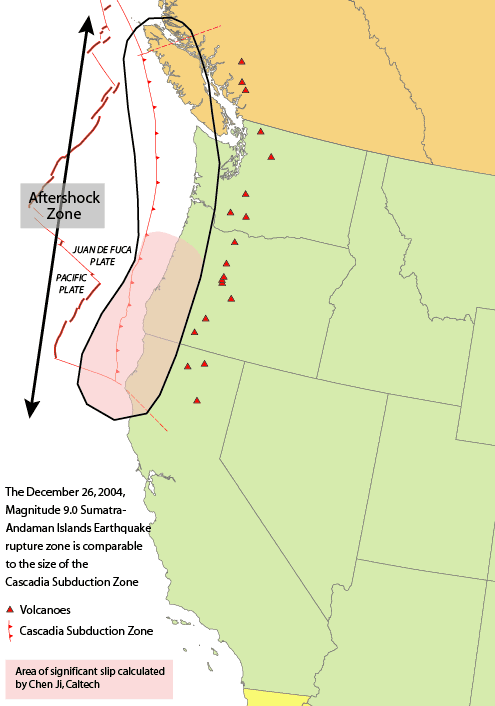British journalism is a bit less respectful than the Canadian variety (not that “respectful” is all that common here). British journalists also tend to look for lines of attack, rather than lines of inquiry. It works for them: the British newspaper scene is far more entertaining than anywhere else in the world, but it doesn’t do much for those in the scrutiny of the Fleet Street flashmob. Vancouver and the VANOC folks are squarely in the crosshairs at the moment, and bored British journalists are bringing their patented approach to Olympic criticism:
If there was a gold medal for premature Winter Olympic whining, the British would be perennial occupants of the middle podium.
Right on schedule, on the fourth of 17 event days, U.K. scribes have written off the Vancouver Olympics as a “worst-ever” Games in the making, an “abomination” for producing the accidental death of a luger and an organizational “fiasco” for slow buses and venue meltdowns.
Well, in fairness, never before at an Olympic venue has there ever been a weather delay or mechanical breakdown. Only in Vancouver have these things ever . . . oh, what? There have been problems before? Funny, the way it’s being reported — with ice-ruining machines and immobile buses — you’d think this was an absolutely unprecedented series of disasters.
There’s no obvious explanation for why London reporters are the most caustic of the contingent, having elevated Vancouver-bashing into an unofficial Olympic sport.
Perhaps they’re dreadfully bored. After all, the BBC alone has more personnel at the Games than the kingdom’s entire 52-member Olympic team. There’s also dispiriting news that bookies back home predict the U.K. will experience a medal shutout in Vancouver, with only an outside shot at the curling podium.
What’s that? You think they could have a motive for painting the Vancouver games in the worst possible light?
Guardian columnist Martin Samuel went postal in his attack in the aftermath of the luge fatality. “Canada wanted to Own The Podium,” he snarled. “This morning they can put their Maple Leaf stamp on something more instantly tangible: the nondescript little box carrying the lifeless body of Nodar Kumaritashvili back to his home in Bakuriani, Georgia.” Good grief.
Other U.K reporters predict financial disaster for Vancouver, a defensive move given that London’s 2012 Summer Olympics are already $1.8-billion over budget.
They complain of heavy-handed customs officials and no-nonsense security, which is a tad rich from a country where police will have the right to enter homes without a warrant while Olympic officials storm residences or enterprises near Games venues to search for protest material.
Of course, Canadians are not being as polite in response to what they see as provocation from the British press:
Not surprisingly, thin-skinned Canadians are filling British newspapers with backlash sneers and jeers.
“London will be worse (in 2012). It will also be dirtier, smellier, and have worse teeth,” mocked one offended Canuck. “Just because you long ago abandoned any ambitions in the world – or for that matter basic sense of identity or dignity – and became a lethargic nation of elitist whiners who no one really likes, don’t fault those younger nations who do enjoy and embrace life,” snapped another.
Which will, in turn, provide more fuel for the fires. Exactly the sort of reaction they were hoping to get.

 The most likely megaquake on the West Coast would be much further north — in fact, 50 miles off the coast between Cape Mendocino in northern California and Vancouver Island in southern British Columbia. This 680-mile strip of seabed is home to the Cascadia subduction zone, where oceanic crust known as the Juan de Fuca plate is forced under the ancient North American plate that forms the continent. For much of its length, the two sides of this huge subduction zone are locked together, accumulating stresses that are capable of triggering megaquakes in excess of magnitude 9.0 when they eventually slip. As such, Cascadia is more than a match for anything off the coast of Japan.
The most likely megaquake on the West Coast would be much further north — in fact, 50 miles off the coast between Cape Mendocino in northern California and Vancouver Island in southern British Columbia. This 680-mile strip of seabed is home to the Cascadia subduction zone, where oceanic crust known as the Juan de Fuca plate is forced under the ancient North American plate that forms the continent. For much of its length, the two sides of this huge subduction zone are locked together, accumulating stresses that are capable of triggering megaquakes in excess of magnitude 9.0 when they eventually slip. As such, Cascadia is more than a match for anything off the coast of Japan.

